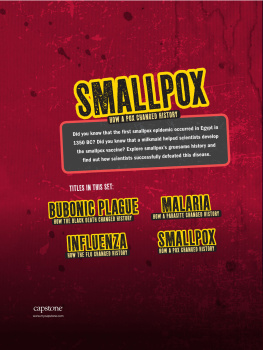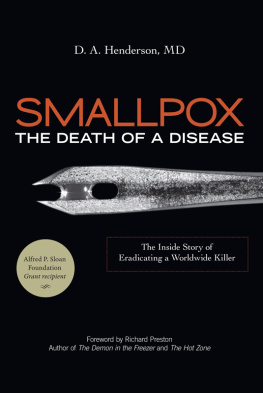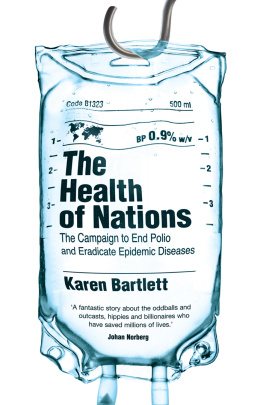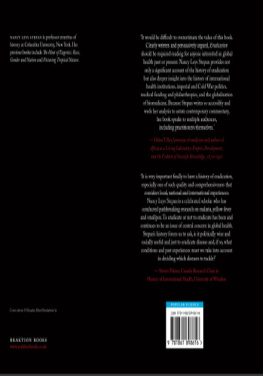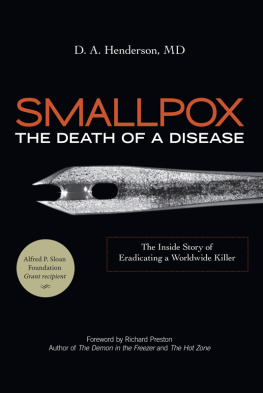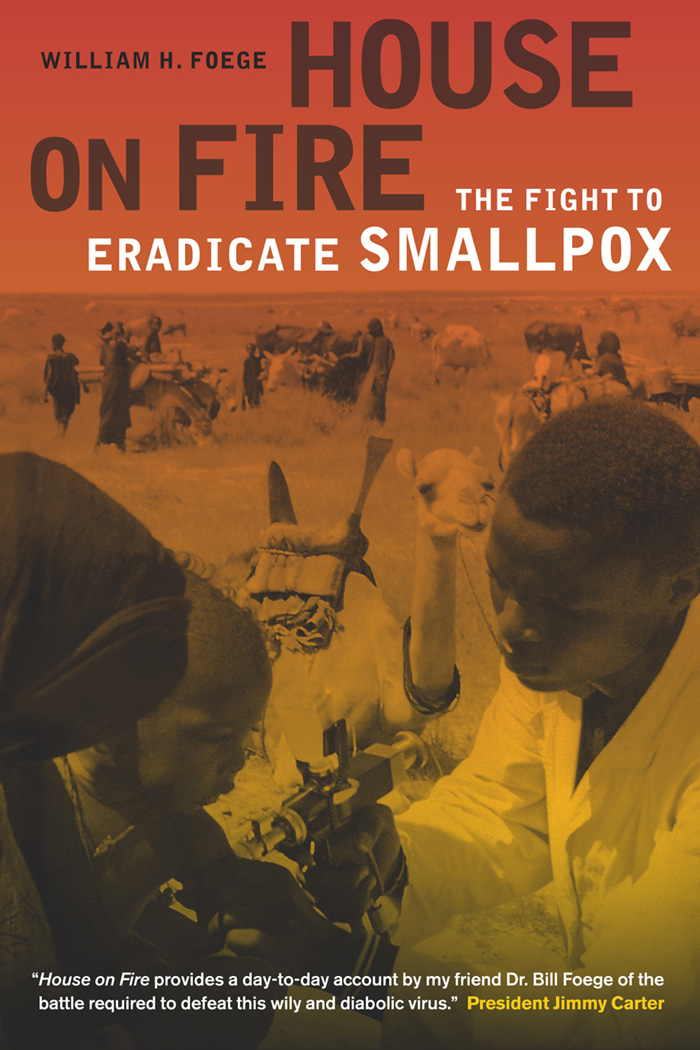House on Fire
CALIFORNIA/MILBANK BOOKS ON HEALTH AND THE PUBLIC
- The Corporate Practice of Medicine: Competition and Innovation in Health Care, by James C. Robinson
- Experiencing Politics: A Legislators Stories of Government and Health Care, by John E. McDonough
- Public Health Law: Power, Duty, Restraint, by Lawrence O. Gostin (revised and expanded second edition, 2008)
- Public Health Law and Ethics: A Reader, edited by Lawrence O. Gostin (revised and updated second edition, 2010)
- Big Doctoring in America: Profiles in Primary Care, by Fitzhugh Mullan, M.D.
- Deceit and Denial: The Deadly Politics of Industrial Pollution, by Gerald Markowitz and David Rosner
- Death Is That Man Taking Names: Intersections of American Medicine, Law, and Culture, by Robert A. Burt
- When Walking Fails: Mobility Problems of Adults with Chronic Conditions, by Lisa I. Iezzoni
- What Price Better Health? Hazards of the Research Imperative, by Daniel Callahan
- Sick to Death and Not Going to Take It Anymore! Reforming Health Care for the Last Years of Life, by Joanne Lynn
- The Employee Retirement Income Security Act of 1974: A Political History, by James A. Wooten
- Evidence-Based Medicine and the Search for a Science of Clinical Care, by Jeanne Daly
- Disease and Democracy: The Industrialized World Faces AIDS, by Peter Baldwin
- Medicare Matters: What Geriatric Medicine Can Teach American Health Care, by Christine K. Cassel
- Are We Ready? Public Health since 9/11, by David Rosner and Gerald Markowitz
- State of Immunity: The Politics of Vaccination in Twentieth-Century America, by James Colgrove
- Low Income, Social Growth, and Good Health: A History of Twelve Countries, by James C. Riley
- Searching Eyes: Privacy, the State, and Disease Surveillance in America, by Amy L. Fairchild, Ronald Bayer, and James Colgrove
- The Health Care Revolution: From Medical Monopoly to Market Competition, by Carl F. Ameringer
- Real Collaboration: What It Takes for Global Health to Succeed, by Mark L. Rosenberg, Elisabeth S. Hayes, Margaret H. McIntyre, and Nancy Neill
- House on Fire: The Fight to Eradicate Smallpox, by William H. Foege
- Inside National Health Reform, by John E. McDonough
House on Fire
THE FIGHT
TO ERADICATE SMALLPOX
WILLIAM H. FOEGE
University of California Press
BERKELEY LOS ANGELES LONDON
Milbank Memorial Fund
NEW YORK
The Milbank Memorial Fund is an endowed operating foundation that engages in nonpartisan analysis, study, research, and communication on significant issues in health policy. In the Funds own publications, in reports, films, or books it publishes with other organizations, and in articles it commissions for publication by other organizations, the Fund endeavors to maintain the highest standards for accuracy and fairness. Statements by individual authors, however, do not necessarily reflect opinions or factual determinations of the Fund. For more information, visit www.milbank.org.
University of California Press, one of the most distinguished university presses in the United States, enriches lives around the world by advancing scholarship in the humanities, social sciences, and natural sciences. Its activities are supported by the UC Press Foundation and by philanthropic contributions from individuals and institutions. For more information, visit www.ucpress.edu.
University of California Press
Berkeley and Los Angeles, California
University of California Press, Ltd.
London, England
2011 by The Regents of the University of California
Library of Congress Cataloging-in-Publication Data
Foege, William H., 1936.
House on fire: the fight to eradicate smallpox / William H. Foege.
p. cm (California/Milbank books on health and the public; 21) Includes bibliographical references and index.
ISBN 978-0-520-26836-4 (cloth: alk. paper)
1. Smallpox. I. Milbank Memorial Fund. II. Title. III. Series: California/Milbank books on health and the public; 21.
[DNLM: 1. SmallpoxepidemiologyAfricaPersonal Narratives.
2. SmallpoxepidemiologyIndiaPersonal Narratives. 3. History, 20th CenturyAfricaPersonal Narratives. 4. History, 20th CenturyIndiaPersonal Narratives. 5. International CooperationAfricaPersonal Narratives. 6. International CooperationIndiaPersonal Narratives. 7. SmallpoxhistoryAfricaPersonal Narratives. 8. SmallpoxhistoryIndiaPersonal Narratives. WC 585]
RA644.S6F64 2011 |
614.5'21dc22 | 2010041703 |
Manufactured in the United States of America
20 19 18 17 16 15 14 13 12 11
10 9 8 7 6 5 4 3 2 1
This book is printed on Cascades Enviro 100, a 100% post consumer waste, recycled, de-inked fiber. FSC recycled certified and processed chlorine free. It is acid free, Ecologo certified, and manufactured by BioGas energy.
To my wife, Paula, for making this work even possible; to Patty Stonesifer, for the support that made it possible to write the account; and to the legions, from WHO/Geneva to households around the world, who made smallpox eradication a reality
If a house is on fire, no one wastes time putting water on nearby houses just in case the fire spreads. They rush to pour water where it will do the most goodon the burning house. The same strategy turned out to be effective in eradicating smallpox.
Contents
Illustrations
FIGURES
TABLE
MAPS
Foreword
CARMEN HOOKER ODOM, President, Milbank Memorial Fund
SAMUEL L. MILBANK, Chairman, Milbank Memorial Fund
The Milbank Memorial Fund is an endowed operating foundation that works to improve health by helping decision makers in the public and private sectors acquire and use the best available evidence to inform policy for health care and population health. The Fund has engaged in nonpartisan analysis, study, research, and communication since its inception in 1905.
House on Fire: The Fight to Eradicate Smallpox, by William H. Foege, is the twenty-first book in the series California/Milbank Books on Health and the Public. The publishing partnership between the Fund and the University of California Press encourages the synthesis and communication of findings from research and experience that could contribute to more effective health policy.
With an insiders knowledge of the worldwide smallpox eradication program in the 1960s and 1970s, Foege, a physician, relates the strategies used to eradicate smallpox in Africa and India and the challenges encountered along the way. He reveals the reasons behind the success of this program: a shared global objective; conception, implementation, and management of a clear plan tailored to a specific disease in terms of its context, range, and vulnerabilities; evaluation of the tools and techniques used and their subsequent modification; a willingness at all levels, from the local citizenry and government to country officials and global institutions, to communicate and work together to achieve the end goal; tenacity; and optimism.
As Foege notes, the smallpox eradication program shows that humanity does not have to live in a world of plagues, disastrous governments, conflict, and uncontrolled health risks. The coordinated action of a group of dedicated people can plan for and bring about a better future. The fact of smallpox eradication remains a constant reminder that we should settle for nothing less.



